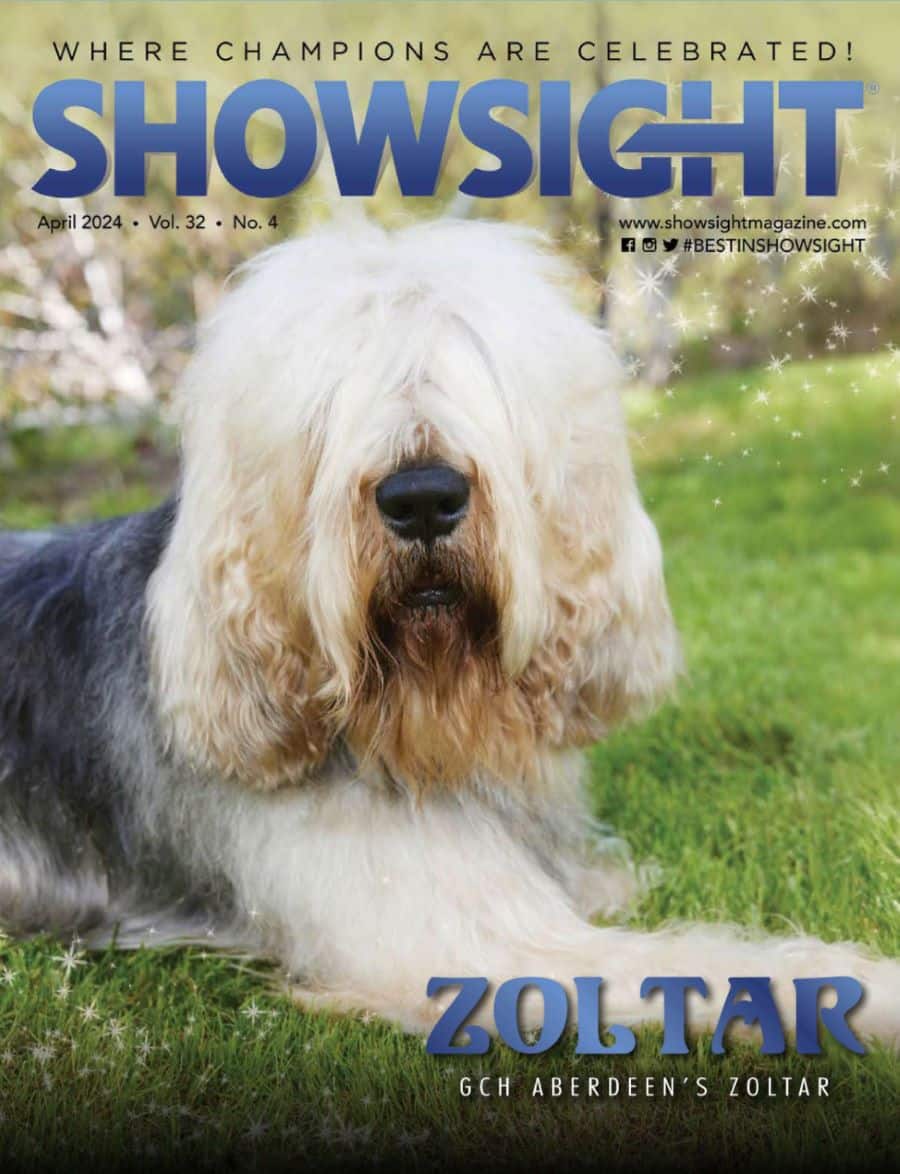About Dachshund Field Trials
Dachshund Field Trials are specialized events tailored to highlight and evaluate the unique hunting abilities of Dachshunds. These trials are distinctive activities that underscore the breed’s instinctive capabilities in scent tracking and the pursuit of game, particularly for burrowing animals such as badgers, rabbits, and hares.
The primary aspect of Dachshund Field Trials is to assess the dogs’ proficiency in scent-tracking. Dachshunds, with their keen noses, are tested on their ability to follow a scent trail over varying terrain. Trials mimic real-life scenarios where these dogs would engage their instinct to hunt burrowing game, which are their specialty.
Dachshunds are renowned for their determination and tenacity, especially when following a trail. These trials test not only the dogs’ ability to pick up and maintain a scent but also their persistence and problem-solving skills in challenging tracking situations. Trials may involve tracking through obstacles or over terrain that replicates the burrowing environments of particular game species.
An important aspect of Dachshund Field Trials is the relationship between the dog and the handler. Trials assess how well the Dachshund responds to the handler’s commands and guidance during the tracking process. This reflects real hunting situations where effective communication and teamwork between the dog and the hunter are crucial for a successful outcome.
Trial Structure
Dachshund Field Trials typically involve a series of scent-tracking exercises, where the dogs are required to follow a laid scent trail. This trail often simulates the path of small game, challenging the Dachshund’s tracking and hunting instincts. The dogs are judged based on their ability to follow the scent accurately, their tracking technique, and their overall effectiveness in maintaining the trail.
Judges at these trials are usually experienced in the field of scenthound training and hunting. They evaluate the Dachshunds based on several factors, including the accuracy and persistence of their tracking, their responsiveness to the handler, and the efficiency with which they follow the trail.
History & Evolution of Dachshund Field Trials
Dachshund Field Trials, as celebrated today as a unique canine sport, draw deeply from the breed’s origins and its traditional hunting role. This connection illuminates the sport’s development, echoing shifts in hunting practices and the consistent importance of Dachshunds in such pursuits.
Dachshunds have long been valued for their scent-tracking and hunting prowess. Known for their determination and bravery, these dogs frequently took on challenging hunting scenarios. Their strong prey drive and remarkable ability to follow a scent over considerable distances made them indispensable companions for hunters.
The formal organization of Dachshund Field Trials began in the late 19th and early 20th centuries, reflecting the development of other canine sporting activities. These trials were designed to simulate real-life hunting conditions, allowing Dachshunds to demonstrate their natural abilities in a competitive and controlled environment.
Introduction to America
Dachshund Field Trials gained popularity in Europe and later spread to other parts of the world, including the United States. The American Kennel Club (AKC) and other canine organizations played a significant role in formalizing these events, establishing rules and standards that highlighted the breed’s tracking instincts and hunting abilities.
Over time, trials have evolved from informal hunts to more structured and standardized events. Trials have adapted to the changing dynamics of organized dog sports, with an emphasis on showcasing the natural abilities of Dachshunds in a safe and controlled manner.
Today, Dachshund Field Trials are much more than competitions; they are celebrations of the breed’s hunting heritage and natural abilities. These events provide a platform for breeders, trainers, and breed enthusiasts to preserve and enhance the Dachshund’s hunting instincts. They also offer an opportunity for the exchange of breed knowledge and the kinds of training and handling techniques that benefit these unique purebred dogs.


